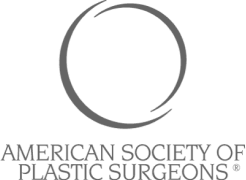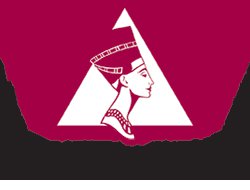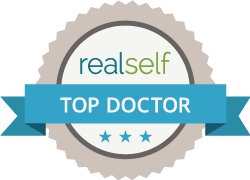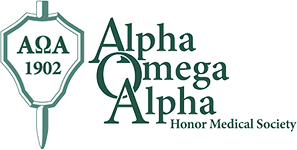Post-op Day One
While typically, liposuction is an outpatient procedure (meaning you can go home the same day), you may be required to spend a night in the hospital. Either way, you’ll need someone to drive you home.
You are going to be sore for at least a couple of days. There will be some swelling, bruising, and numbness, and you may see some fluid coming from your incisions. This is all completely normal.
Make sure you have some help at home for at least 24 hours. Don’t make any important decisions or sign any documents until your full mental alertness has been regained.
Medications/Pain Management
It is vitally important to take your post-surgical medications exactly as directed.
In addition to any needed pain medication, your doctor may also prescribe meds to help prevent infection, control swelling, and avoid muscle cramps. Tell your doctor if you know you have allergies to any medications.
You should not be in severe pain following liposuction. Contact your surgeon immediately if your pain is significant and not controlled by your medication.
Aspirin
Don’t take aspirin or products containing aspirin for a month following surgery, as these drugs can promote bleeding.
This includes Motrin, Advil, and ibuprofen. Tylenol is okay, but take it as directed.
Compression Garments/Binders
The compression garments you use following your surgery are almost as vital a part of liposuction as the cannula and suction device. Wearing them precisely as directed is not “optional” or simply a “good idea.”
These garments reduce swelling and bruising, speed your recovery and help maintain your ideal shape. For a period specified by your surgeon, you must wear these garments around the clock except for showering. You may also have elastic bandages around your incision areas. Again, follow your surgeon’s orders for wearing, cleaning, and changing them.
If fat was removed from your ankles or calves, you might need to wear compression socks for up to six weeks. Don't shower until 48 hours after your liposuction, and you will not be able to take a bath for seven days or until your surgeon approves. Also, stay away from swimming pools, saunas, steam rooms, and open bodies of water for at least two weeks. Use antibacterial soap and always wash your hands thoroughly before touching your incision sites to reduce the risk of infection.









